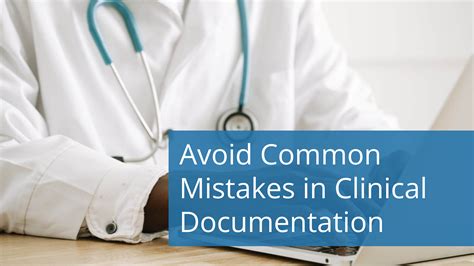The art of omission is a delicate one, particularly in fields where information is power. Knowing what to leave out can be just as crucial as knowing what to include, as the right omissions can streamline communication, enhance clarity, and protect sensitive information. However, omission can also hurt when it leads to misunderstandings, hides crucial details, or undermines trust. Understanding when omission might cause more harm than good is essential for effective communication, decision-making, and relationship-building.
In Critical Decision-Making Processes
Omission in critical decision-making processes can have profound consequences. Decisions are only as good as the information they are based on. When key pieces of information are omitted, either intentionally or unintentionally, the decision-making process is compromised. This can lead to choices that are not in the best interest of the individuals or organizations involved. For instance, in a business setting, omitting financial liabilities or potential risks from a proposal can lead to poor investment decisions. In healthcare, omitting side effects or contraindications of a medication can endanger patient lives.
In Legal and Ethical Contexts
In legal and ethical contexts, omission can be particularly damning. The law often views omission as a form of negligence or even fraud, depending on the circumstances. For example, failing to disclose known defects in a property sale or omitting material facts in legal proceedings can lead to serious legal repercussions. Ethically, omission can violate principles of transparency and honesty, damaging relationships and reputations. Transparency is key in legal matters, and any form of omission that intentionally hides the truth can have severe consequences.
In Personal Relationships
Personal relationships thrive on trust, openness, and mutual understanding. Omission, especially when it involves withholding significant personal information, can erode this foundation. For instance, failing to disclose past relationships, health issues, or financial problems can lead to feelings of betrayal when the truth eventually comes out. In friendships, omitting support or failing to be there for someone in need can strain the relationship. The key to healthy relationships is communication, and omission can often be seen as a form of avoidance or dishonesty.
In Educational and Informative Content
Educational and informative content relies heavily on the accuracy and completeness of information. Omitting crucial details or context can lead to misunderstandings or a lack of depth in understanding. For students, incomplete information can hinder their ability to fully grasp concepts, leading to poor performance or misconceptions about the subject matter. In informative content aimed at the general public, such as news articles or public health announcements, omission can have widespread consequences by misinforming the public or failing to prepare them for significant events.
When It Undermines Accountability
Accountability is a cornerstone of personal and professional integrity. Omission can undermine accountability by hiding mistakes, malfeasance, or negligence. In corporate settings, omitting details of financial irregularities or safety violations can prevent the implementation of corrective measures, allowing harmful practices to continue. Similarly, in personal development, failing to acknowledge and confront one’s mistakes or weaknesses can hinder growth and self-improvement.
Mitigating the Negative Effects of Omission
To avoid the pitfalls of omission, it’s essential to adopt a mindset of transparency and thoroughness. This involves being meticulous about the information shared, ensuring that all critical points are covered, and being open to questions and further clarification. In critical decision-making, seeking diverse perspectives and ensuring all relevant information is on the table can mitigate the risks of omission. In personal relationships, fostering an environment of trust where open communication is valued can reduce the likelihood of harmful omissions. Regular audits and compliance checks in professional settings can also help identify and rectify omissions before they cause significant damage.
In conclusion, while omission can sometimes serve positive purposes, such as simplifying complex information or maintaining privacy, it is crucial to be aware of the contexts in which it can cause harm. By understanding these scenarios and implementing strategies to ensure transparency, completeness, and accountability, individuals and organizations can navigate the complexities of information sharing in a way that builds trust, promotes clarity, and supports informed decision-making.
How can omission negatively impact decision-making processes?
+Omission in decision-making can lead to poor choices by withholding critical information necessary for a well-informed decision. This can result in unforeseen consequences, financial losses, or ethical dilemmas.
What role does transparency play in mitigating the negative effects of omission?
+Transparency is essential in preventing the harmful effects of omission. By being open and forthcoming with information, individuals and organizations can build trust, ensure accountability, and make informed decisions.
How can personal relationships be affected by omission?
+Omission in personal relationships can lead to feelings of betrayal, mistrust, and confusion. Open communication and honesty are key to preventing these negative outcomes and fostering healthy, lasting relationships.
The importance of thoughtful communication and the strategic use of omission cannot be overstated. As we navigate the complexities of information sharing in our personal and professional lives, recognizing the potential pitfalls of omission is the first step towards more effective, honest, and transparent interactions. By doing so, we can build stronger relationships, make more informed decisions, and cultivate an environment of trust and understanding.



